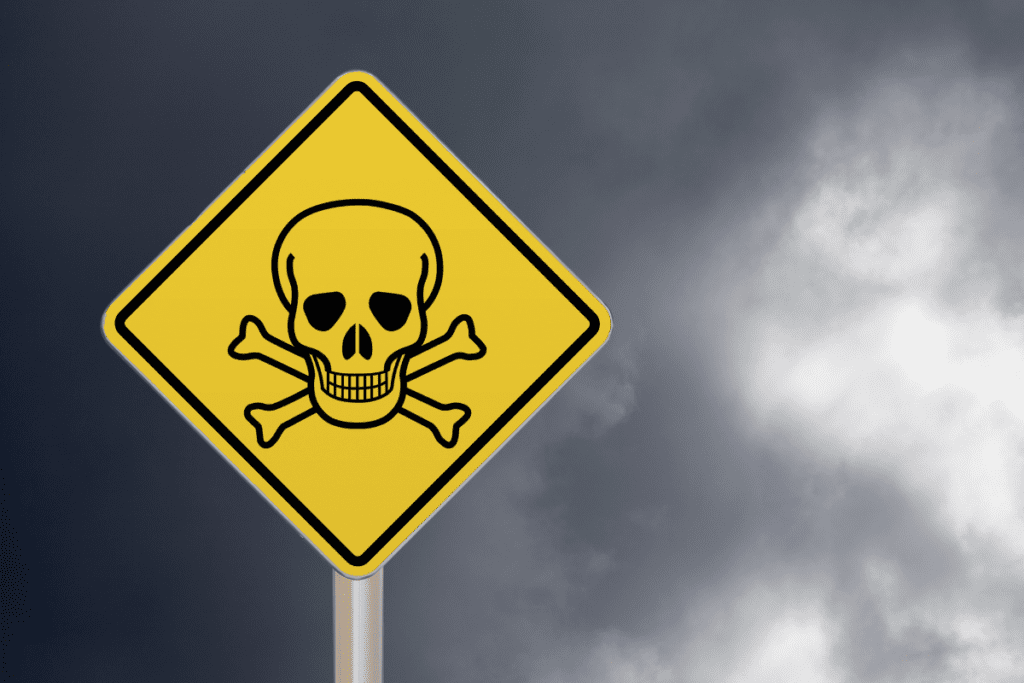Canada demonstrates leadership in landing a global deal but must take commitment further by tackling crises at home
Montréal/Tiohtià:ke | Traditional, unceded lands of the Kanien’kehá:ka/Mohawk Nation, a gathering place for many First Nations, including the Anishinaabeg – Yesterday, the Kunming-Montreal Agreement was announced at COP15 in Montreal to halt and reverse global biodiversity loss by 2030. As the host country, Canada has a responsibility to demonstrate leadership in tackling the dual crises of biodiversity loss and climate change, both globally and at home.
Environmental Defence joins the voices of national nature and environment groups in welcoming the new framework and congratulating Canada’s leadership on landing an ambitious global deal and advancing conservation in Canada. The hard work now is to translate this commitment into action on the ground here in Canada.
Quotes:
“Canada missed an opportunity to back up its international talk with real action by staying silent on the issue of tar sands tailings “ponds” and the regulations being developed to authorize their release into the Athabasca River. Canada’s handling of the toxic tailings will be a real-world test of whether the government is sincere and will act in line with Canada’s stated COP15 priorities: biodiversity protection, meaningful partnership with Indigenous peoples, and science-based policies. As part of their implementation plans for the COP15 Agreement, Canada must follow up with a commitment to addressing tar sands tailings pollution in a manner that respects the rights and the well-being of the impacted Indigenous nations.” Aliénor Rougeot, Climate and Energy Program Manager
“Several important Indigenous-led initiatives were announced during COP15, including the new plan to create an Indigenous-protected area around Great Bear Lake, and the creation of the First Nations National Guardians Network. But at the same time, the government of Canada is standing alongside Enbridge Inc. and ignoring and violating Indigenous rights and sovereignty on several fronts with its handling of the Line 5 pipeline.
Canada and Enbridge’s actions are working to circumvent the Tribal rights and sovereignty in the U.S. legal system of the Tribes fighting to shut down the pipeline and protect their waters. Canada must put the Great Lakes protection and the inherent and treaty rights of Indigenous peoples ahead of the fossil fuel economy, and withdraw its use of the 1977 pipeline treaty that makes no mention of Indigenous rights. Until then, Canada cannot say that it is truly protecting the Great Lakes.” Michelle Woodhouse, Water Program Manager
“It is significant that the world has recognized how destructive pollution can be for biodiversity in Target 7 of the new agreement. For the first time, parties are committing to reduce the overall risk from pesticides and highly hazardous chemicals by at least half by 2030. This is an important move, and we look forward to working with Environment and Climate Change Canada, Health and Agriculture ministers to rapidly develop action plans for Canada to reduce pesticides and other highly hazardous chemical inputs in agriculture, forestry and other uses by at least 50 per cent.” Cassie Barker, Toxics Senior Program Manager
“This agreement sets the stage for negotiations to resume on a global plastics treaty in May 2023. Canada is part of a high-ambition coalition seeking to end plastic pollution worldwide by 2040. This will require legally-binding measures that address the full lifecycle of plastics, including limits on the production and use of plastics, and eliminate harmful chemical additives. Stopping pollution from plastics at all stages of its existence – from resource extraction through to waste disposal – is essential for protecting wildlife, natural habitats, biodiversity and human health in Canada and around the world.” Karen Wirsig, Plastics Senior Program Manager
ABOUT ENVIRONMENTAL DEFENCE (environmentaldefence.ca): Environmental Defence is a leading Canadian environmental advocacy organization that works with government, industry and individuals to defend clean water, a safe climate and healthy communities.
– 30 –
For more information or to request an interview, please contact:
Paula Gray, Environmental Defence, media@environmentaldefence.ca





